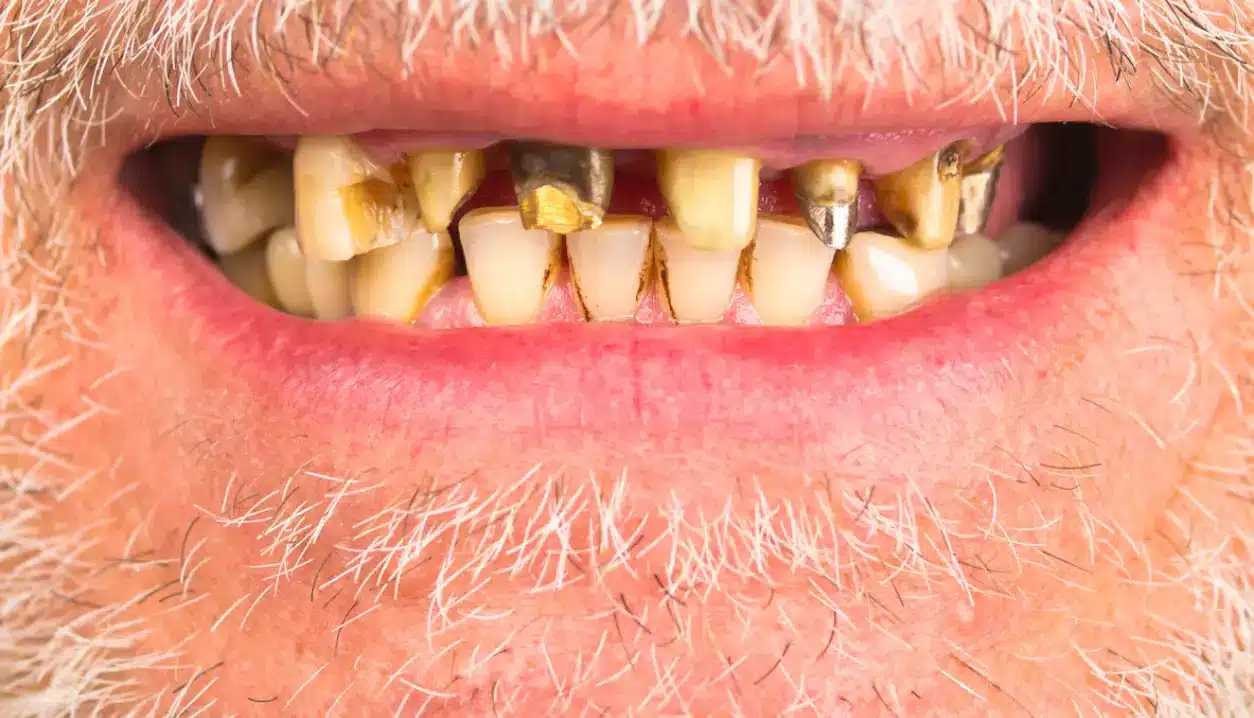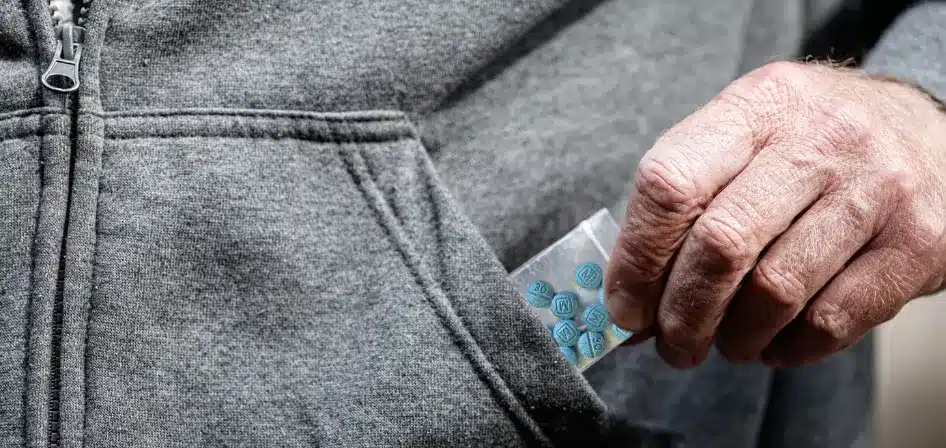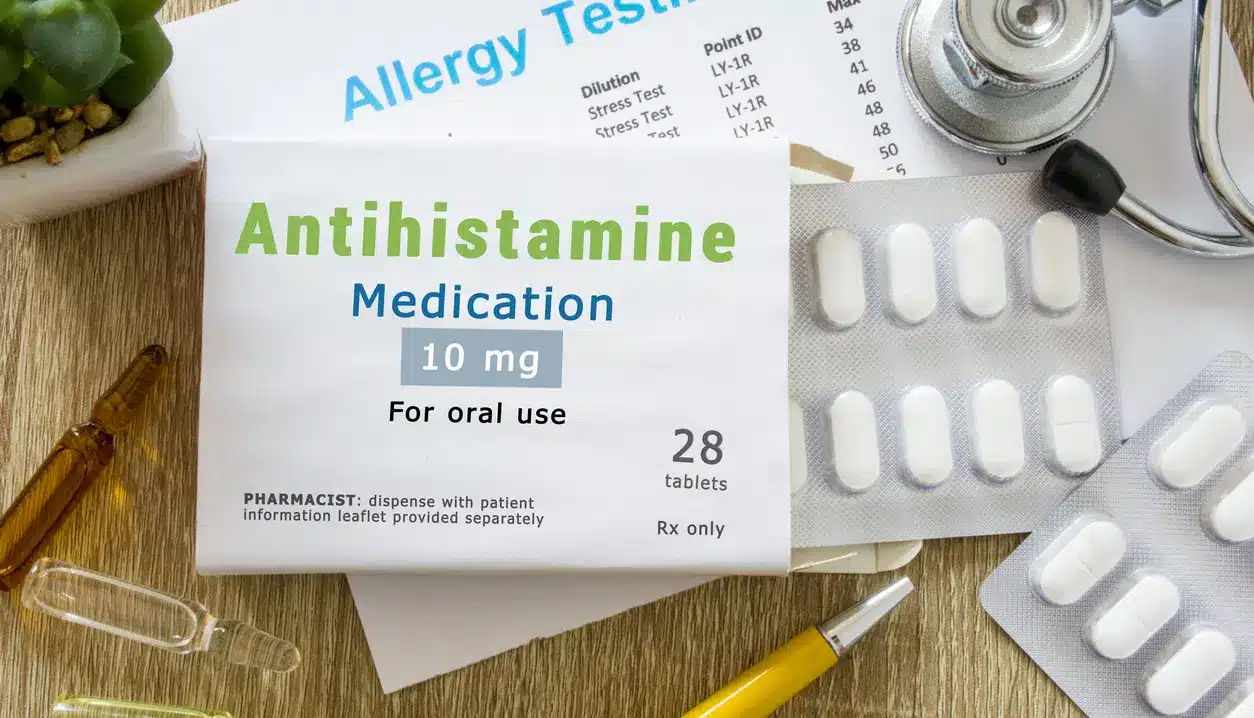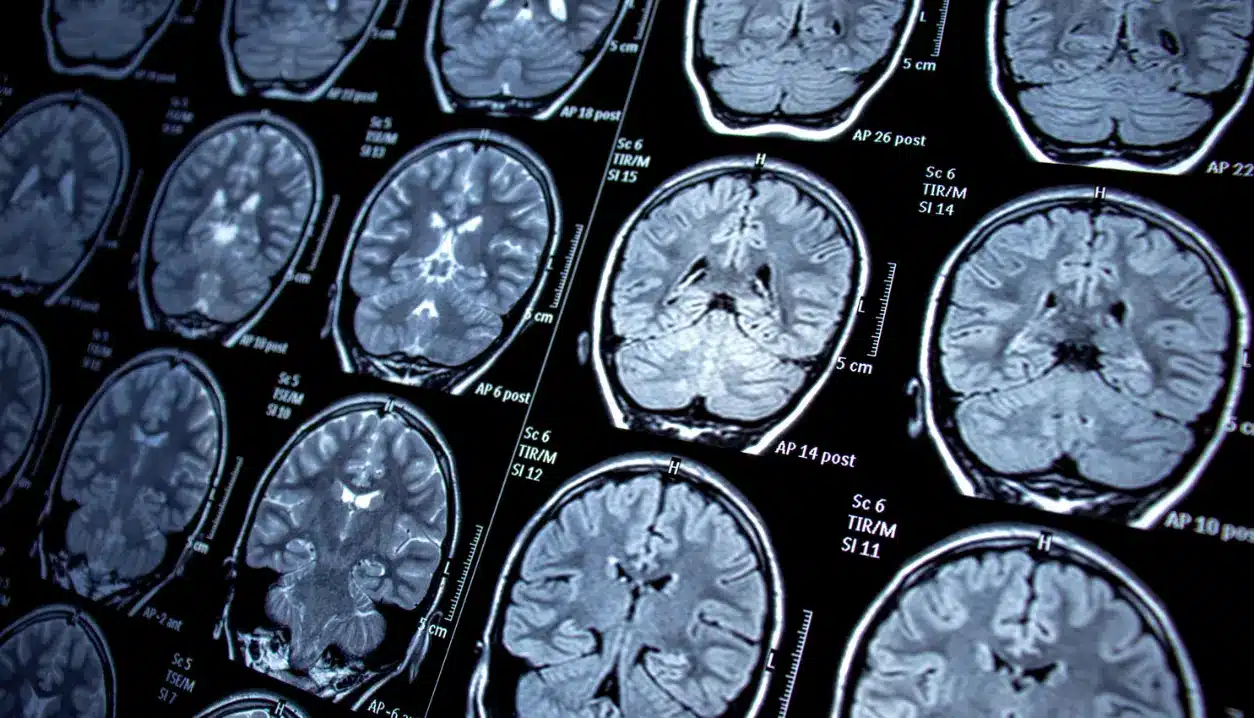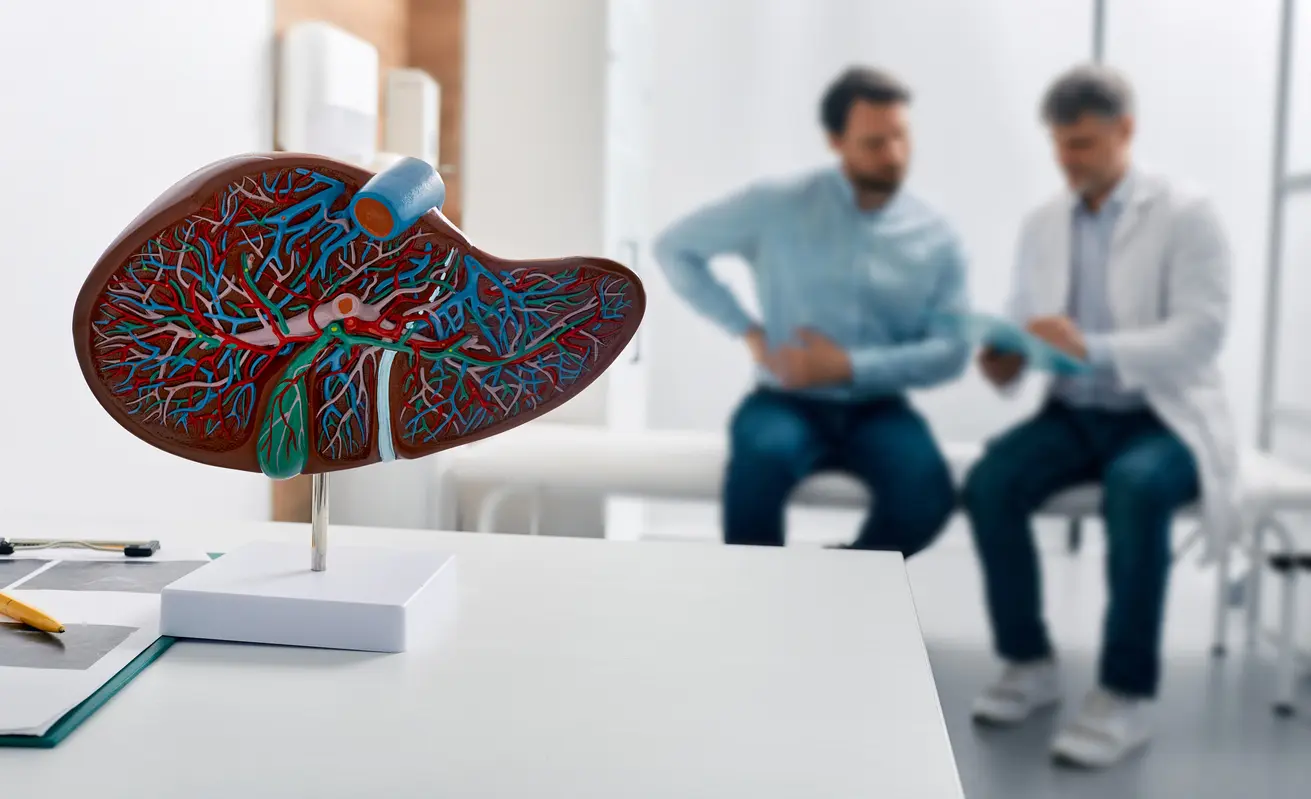Find Treatment Centres for Drug & Alcohol Rehab in Fylde
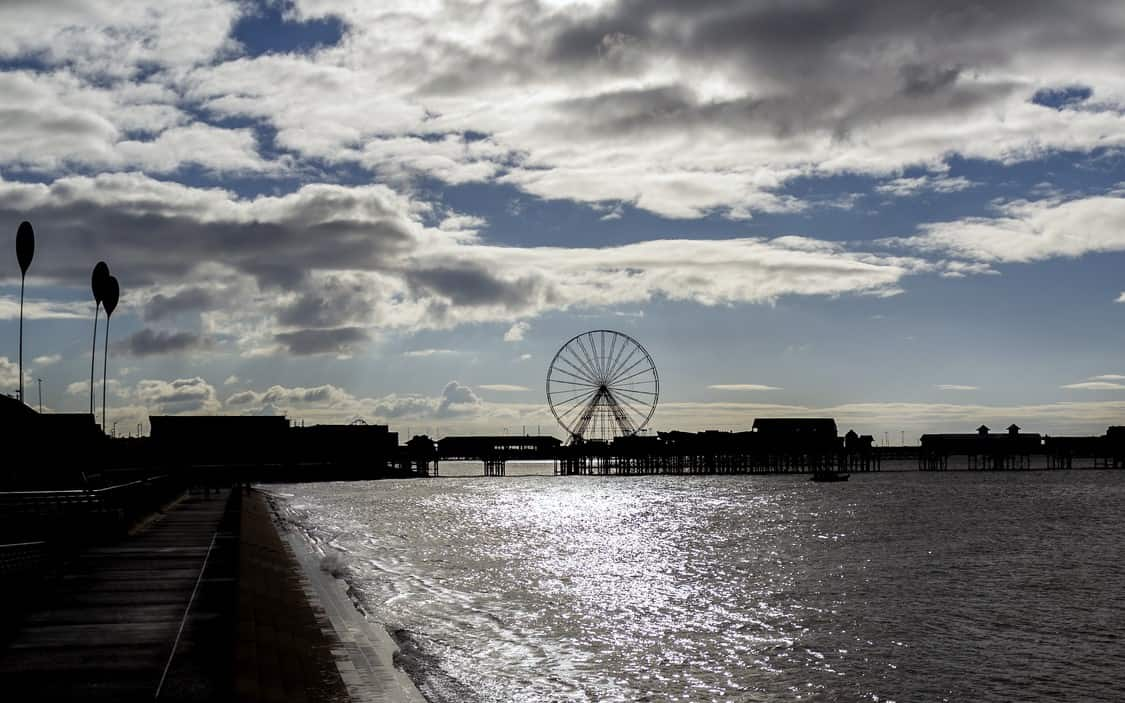
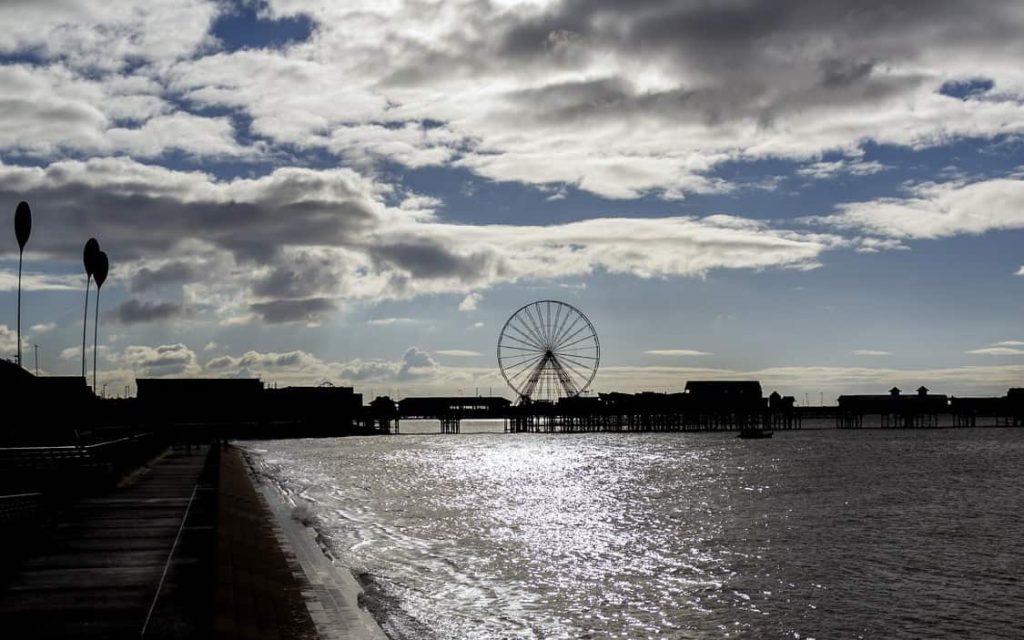
Drug and Alcohol Rehab Fylde
Struggling with drug and alcohol addiction alone can be an incredibly isolating experience. This often leads individuals to a challenging journey that can negatively affect both their mental and physical well-being, due to a lack of necessary support and understanding needed to manage the possibility of recovery.
At Ocean Recovery, we help many who are living with drug or alcohol addiction. Our alcohol rehab Fylde clinic offers a serene and therapeutic environment, ideal for those seeking to start their journey towards addiction recovery.
Whether you are simply looking for access to inpatient treatment options or specialised programmes tailored to your unique needs, our clinic ensures you have access to only the highest standard of care.
Drug and Alcohol Rehab Fylde
Drug and Alcohol Rehab Treatment Centres in Fylde
What Causes Drug and Alcohol Addiction?
There are no clear answers to the causes of addiction, as each person’s reasons for turning to drugs and alcohol can be different. Some factors may make it more likely for a person to have a drug addiction or alcohol problem.
- Family History: If you grew up in a household where heavy drinking or drug taking was present, you may be more likely to become addicted, too.
- Environment: Environmental factors and what someone is repetitively exposed to can sometimes cause an addiction to develop. For example, traumatic life experiences and if we’re exposed to excessive alcohol or drug use.
- Mental Health: Research suggests that people who suffer from depression or anxiety may self-medicate with drugs or alcohol. For a time, it may work, but eventually, this can worsen the conditions, causing a spiral of abusing substances more to try and gain the same “positive” effects.
- Physical Pain: People with chronic pain sometimes develop addictions to prescribed drugs and opiates due to the medication providing a sense of relief from the ongoing discomfort.
What to Expect at Residential Drug and Alcohol Rehab Fylde
A private drug and alcohol rehab like Ocean Recovery offers residential treatment. This is when you move into the facility for the duration of your addiction treatment programme. We believe it is the most effective form of addiction treatment and holds many benefits.
Structure and Professional Help
Residential rehab provides a structure to your life that you have been missing. Life before coming to rehab could have been a bit chaotic and it can be good to know what to expect from life day to day. During this time in rehab, you will be around staff who can provide the care you need.
Range of Treatments
We provide psychological and well-being therapies and a detox programme to help you. The NHS cannot match the range of treatments, and a personalised treatment plan suited to your needs will be made up.
A New Environment
A change of scenery could be just what you need. At Ocean Recovery, you will have the chance to take a step back and reflect. Our locale and facilities will give you everything you need to get in a better head space and focus on your recovery.
Choosing Addiction Treatment at Ocean Recovery
At Ocean Recovery, we understand the journey to recovery is deeply personal and often challenging. Our mission is to provide a safe, comfortable and private place where individuals battling drug and alcohol addiction in Fylde can find the strength and support they need to heal and rebuild their lives.
Comprehensive Detox Treatment and Access to personalised Programmes
The first stage of recovery will be detox. During this process, you will stop taking drugs or drinking to allow your body to heal and flush the harmful toxins from your body. The process takes 7-10 days, and you will be under constant care.
Drug detox and alcohol detox are nearly identical processes. The only difference is the medication you could be administered if your withdrawal symptoms are severe enough.
Our therapies exist to help you delve deeper into your addiction. Psychoeducation and addiction counselling can help you understand the condition better and learn how to break the cycle. CBT-based group sessions will help build your self-confidence and learn coping skills to help you after you leave rehab.
Making use of well-being treatments such as yoga, mindfulness, and daily wellness walks can help improve your mental health and make you less vulnerable to mental health issues like depression and anxiety.
Compassionate Care in a Healing Environment
Ocean Recovery is proud to be a CQC-registered facility, ensuring the highest standards of care and safety for our residents. Our approach to addiction treatment is holistic, focusing not just on the physical aspects of recovery but also on the emotional and psychological healing. Our dedicated team of experienced professionals is available 24/7, providing personalised support to guide you through every step of your journey.
Modern Facilities Designed for Comfort, Privacy and Recovery
Our rehab centre boasts state-of-the-art facilities designed to make your stay as comfortable and beneficial as possible. Residents can enjoy:
- Free Transportation: We offer complimentary transportation to ensure stress-free access to our centre.
- Medically Assisted Detoxification: A safe and supervised detox process, managed by medical professionals.
- Luxurious Accommodations: Choose from our executive sea view double ensuite rooms, double or single ensuite rooms, or single rooms with a dedicated separate bathroom.
- Inviting Common Areas: Relax in our comfortable communal lounge, complete with a piano and Sky TV, or enjoy meals in our modern dining lounge.
- Outdoor Spaces: Our external courtyard and seating area provide the perfect setting for reflection and relaxation.
- Engaging Activities: With a large multi-purpose group activity room offering superb sea views, residents can engage in various therapeutic and recreational activities.
What Happens After Completing Treatment?
We offer 12 months of free aftercare, ensuring ongoing support as you transition back into daily life.
Aftercare can help you stay on top of your addiction and provide that little bit of extra support. Attending weekly support meetings can help you stay connected to people who are also recovering from addiction. Making these regular connections is important as you can build a network that lasts for many years.
At Ocean Recovery, we hold meetings twice a week. One is self-facilitated, and a therapist guides the other. You can attend these meetings in person or dial in over Zoom if you are not local to the area.
Get Help Now in Fylde
If you are ready for drug and alcohol rehab in Fylde, please don’t hesitate to reach out to us. Call Ocean Recovery today at 01253 847 553 to get started on the admissions process.
Frequently Asked Questions
Choosing the right rehab treatment provider can be a life-changing decision; here are some of the most common questions we are asked pre-admission.
How do I start my recovery journey?
The fact that you are here suggests that you are ready to make the all-important step of actually attending rehab. Quite simply, your first step should be to call us on our helpline. Once you reach out to us and express an interest in attending rehab, then our helpline staff will be able to get the ball rolling on getting you set up at our facility. Seriously considering rehab is an important moment in your life, but actually calling us to set up a place is the most important step.
What Should I Bring To Rehab?
While you stay at our rehabilitation centre, you will engage with a wide variety of activities. Some of these activities may include leading the facility on long walks. Therefore, you should bring a wide array of clothing items for different weathers and activities. It is also encouraged that you bring pictures of your loved ones to help keep you committed to recovery, a notebook can also be an important item to record your progress. Finally, if you enjoy playing a musical instrument, then you may want to bring that along with you to enjoy during your downtime.
What are the long term effects of addiction?
There can be many long-term psychological and physical effects of addiction.
Addiction often harms your mental health. Drinking and taking drugs can lead to long-lasting depression and anxiety. Many try to self-medicate these issues with alcohol and drugs but end up making them worse. As conditions such as depression worsen, it can lead to suicidal thoughts that might turn into suicide attempts.
If you have a genetic predisposition towards developing a mental health disorder such as psychosis, then drug and alcohol abuse can increase the risk of this happening in the future. Developing psychosis may cause you to harm yourself or others.
Physically, long-term drug use can affect your kidneys, and the liver can be destroyed by alcoholism. Liver failure will eventually prove fatal. Addiction can also affect your heart, increasing your blood pressure and heart rate – which could result in heart failure.
Outside of your health, long-term drug and alcohol abuse can affect other aspects of your life. Spending more money on drugs and alcohol will mean you suffer financially, and your addiction may cause your work performance to suffer. Your changing attitudes and priorities may cause friendships and relationships to break down.
Before the situation worsens and these effects become a reality, you should consider going to alcohol or drug rehab.
What is an admissions process?
A rehab admissions process simply refers to the step you go through before entering rehab. Our teams can answer any questions and concerns you might have and help you prepare for rehab. You will also go through a pre-admission screening to help us gauge your requirements and draw up a personalised treatment plan that is most likely to help you make a long-term recovery.
Request A Callback
Enter your phone number and a member of our team will call you back to discuss your recovery.
Contact Us
For more information please get in touch using the information below
Call: 01253 847 553 Send us a messageDownload Our Brochure
For more information about the addiction services that Ocean Recovery offer, download our brochure.
Download our brochureDo I need help?
A lot of people are unsure if there are suffering from addiction. Take these tests to find out if its effecting you without your knowledge.
Select your test and find out more
Related Areas
- Padiham
- Fylde
- Skelmersdale
- Whitworth
- Cleveleys
- Golborne
- Carnforth
- Penwortham
- Rossendale
- Rawtenstall
- Fulwood
- Haslingden
- Darwen
- Blackburn
- Burnley
- Blackpool
- Preston
- Colne
- Clitheroe
- Chorley
- Nelson
- Ormskirk
- Poulton-le-Fylde
- Accrington
- Morecambe
- Leyland
- Lytham St Annes
- Fleetwood
- Lancaster
- Bamber Bridge
- Wigan
- Lancashire
- Garstang
Our Centre
Rehab In Northern England

Google Reviews
4
Tel: 01923 369161
Email: info@oceanrecoverycentre.com
Address: 94 Queen's Promenade, Blackpool, FY2 9NS
View CentreOur Partnering Centres
Rehab in Scotland

Google Reviews
5
Tel: 01475 303998
Email: info@novarecovery.com
Address: 10-12 Scott St, Largs, North Ayrshire, KA30 9NU
View CentreRehab in Greater London

Google Reviews
4.5
Tel: 01923 369 161
Email: info@cassioburycourt.com
Address: Cassiobury Court, Richmond Drive, Watford, Herts, WD17 3BH
View CentreRehab in the Midlands

Google Reviews
4.5
Tel: 01908 489 421
Email: info@asanalodge.com
Address: 48 Moorend Rd, Yardley Gobion, Towcester, NN12 7UF
View CentreOur Blogs

How to Commit to Sobriety
If you are suffering from alcohol addiction or substance misuse issues, it can be very difficult to overcome. Sobering up in the first place can be a major challenge, but recovery is not a single step – it is an ongoing process. Committing to sobriety means making a serious and continuing effort to stay away

Life After Addiction: How to Cope With Survivor’s Guilt
Recovering from addiction is a very personal journey, but something many share is a sense of achievement and renewal. On the other side of the coin, for many individuals who have walked this path, the joy of recovery can be accompanied by an unexpected emotional burden – survivor’s guilt. And this feeling (which is commonly

What Does Ketamine Do to Your Bladder?
Ketamine, in the context of recreational drug abuse, can have severe effects on our bodies – with one of the major organs impacted being the bladder. But what does ketamine do to your bladder? And why is it so serious? Find out the answer to this question and more below. What Is Ketamine? Ketamine is

The Link Between Alcohol and Chest Pain
The UK is known for its drinking culture, and many people use alcohol – often to excess. It’s estimated that 24% of adults in England and Scotland regularly drink over the Chief Medical Officer’s low-risk guidelines, while 27% of drinkers in Great Britain binge drink on their heaviest drinking days. Alcohol is linked to a

Methamphetamine Mouth: Signs, Causes & Risk Factors
The UK and USA are two of the biggest drug-taking nations in the world. Both countries have problems with drug addiction among the population and indulge in similar substances such as cocaine, opiates and meth. Although meth use isn’t as common here in the UK when compared to the US, tens of thousands still use

Are Fentanyl Deaths Rising in the UK?
There has been significant concern that the number of fentanyl-related deaths in the UK has recently been on the rise. In this article, we assess whether fentanyl is a widely used drug in the UK and how many people have died as a direct result of fentanyl use. What is Fentanyl? Fentanyl is a powerful

Can You Get Addicted to Antihistamines?
Antihistamines are medications commonly used to treat the symptoms of allergies, including hay fever, conjunctivitis, hives and reactions to insect bites and stings. They also have a number of other legitimate uses, such as treating nausea and sickness, motion sickness and insomnia. They can also be misused, particularly in forms that can make you feel

What is Wet Brain?
Alcohol abuse can lead to numerous health problems, and sadly, some of them can be severe and life-threatening. One of those conditions is known as “wet brain,” an informal term for Wernicke-Korsakoff Syndrome (WKS). This syndrome is a serious brain disorder, which is caused by a deficiency of thiamine (vitamin B1), and it’s often linked

Alcohol and Panic Attacks: Is There a Link?
When we drink alcohol, it can definitely cause some feelings of anxiety. But can they cause something more significant, like a panic attack? This question is one that many want an answer to as they work on understanding their personal relationships with alcohol and mental health. This blog explores whether there is a genuine link

How to Repair a Damaged Liver from Alcohol
.The liver, one of the body’s most vital organs, plays an essential role in processing nutrients, filtering toxins, and supporting overall health. Unfortunately, excessive alcohol consumption can severely damage this important organ. Understanding the impact of alcohol on the liver and recognising the signs of damage are the first steps towards recovery. This article explores




